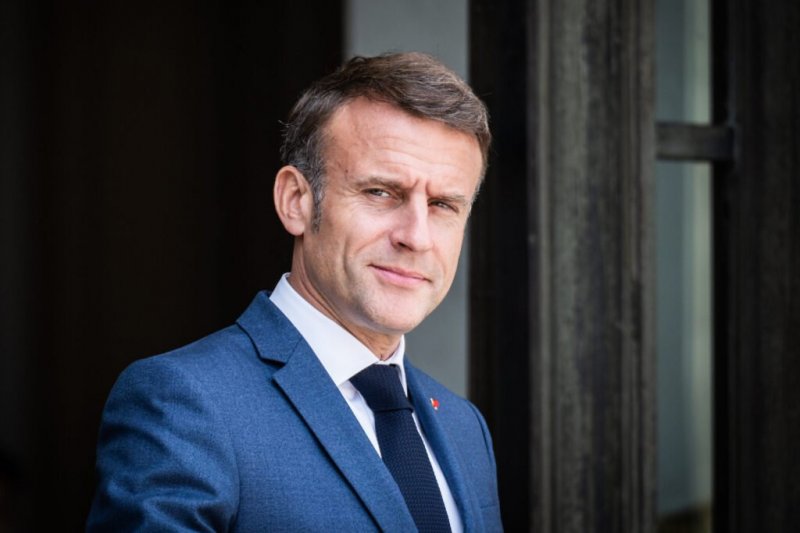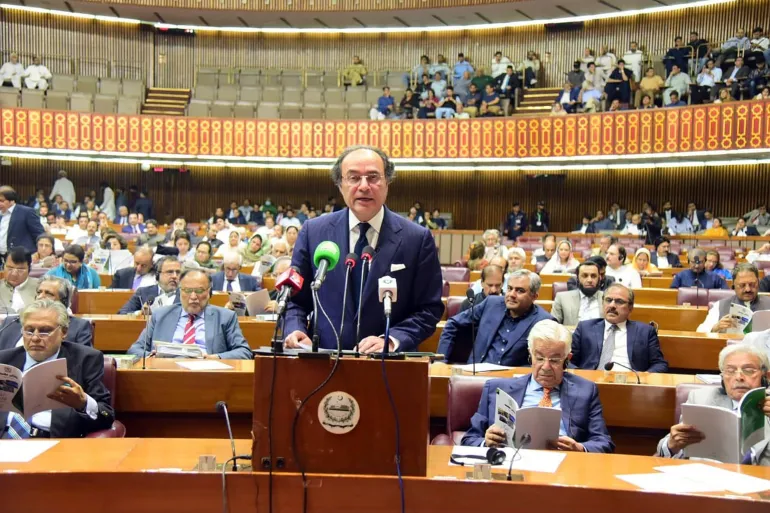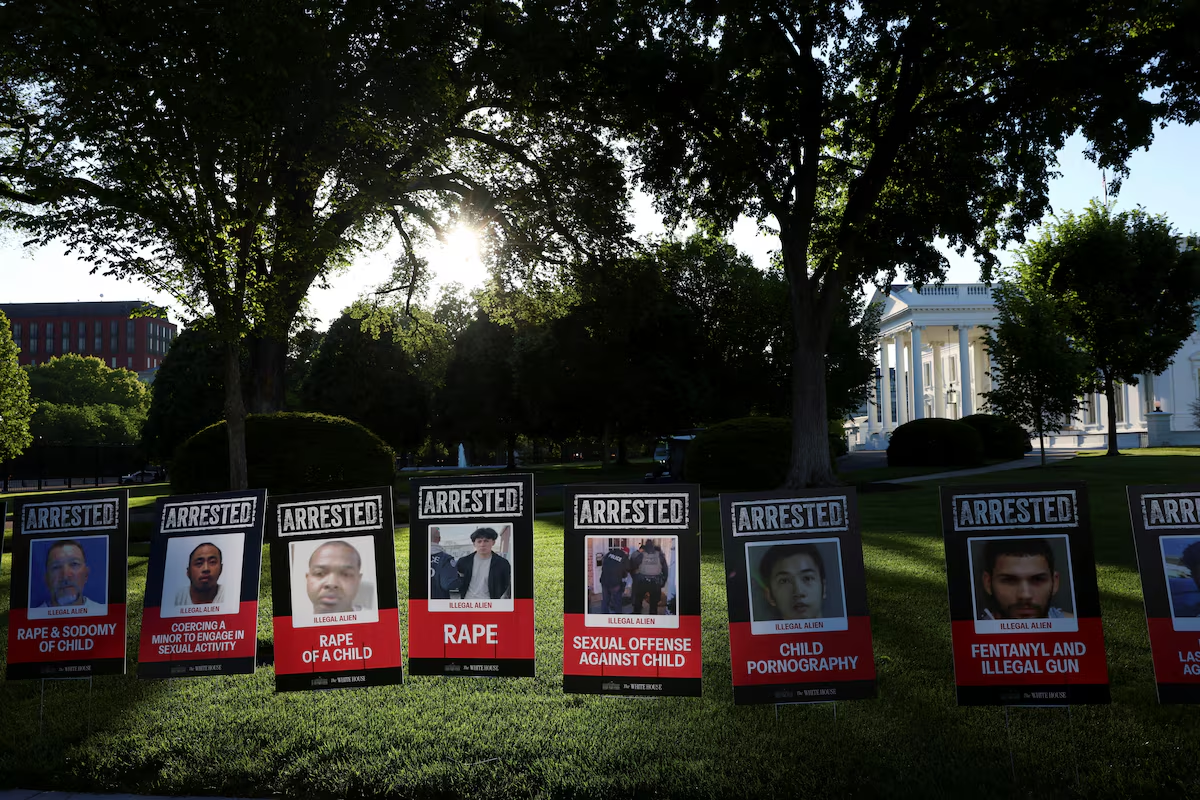French President Emmanuel Macron announced at a press conference in Nice on Monday that he has not ruled out calling early parliamentary elections, despite expressing a preference to avoid such a measure. “My wish is that there’s not another dissolution, but I’m not in the habit of depriving myself of a constitutional power,” Macron said. His remarks signal that he is keeping all options open as France grapples with ongoing political instability .
Context Behind the Announcement
Macron previously dissolved the National Assembly approximately a year ago following a disappointing performance in European elections by his centrist alliance. He hoped that snap elections would bolster his political mandate. However, this gamble did not pay off: both Macron’s coalition and the far-right National Rally (RN) suffered losses, while a newly formed left-wing alliance gained unexpectedly strong support .
Reason for Renewed Consideration
Speaking at the UN Oceans Conference in Nice, Macron emphasized that cross-party cooperation in the National Assembly remains elusive. He stated that until a stable governing majority emerges, the option to dissolve parliament is a legitimate constitutional tool. Macron’s openness to the idea reflects the ongoing fragmentation of the French legislature and his frustration with stalled policymaking .
Latest Political Dynamics
Since the snap parliamentary elections, France’s National Assembly has seen frequent clashes among four main blocs: Macron’s centrists, the left-wing alliance, the far-right RN, and smaller factions. Efforts to form coalitions have repeatedly failed, leading to legislative gridlock .
Macron has publicly encouraged parliamentarians to find common ground, noting that democracy depends on such cooperation. However, he asserted that if persistent deadlock blocks France from tackling critical issues, dissolving the legislature again could be necessary .
Political and Constitutional Implications
Under France’s Fifth Republic, the president holds the constitutional right to dissolve parliament and call new elections. Historically, snap elections have been used to break gridlock. But recent outcomes, particularly the rise of RN, have raised concerns that another dissolution might further strengthen the far right .
Analysts warn that a second snap election could worsen political polarization and empower extremists rather than resolve the crisis. Macron’s statement underscores his calculation: while hoping for compromise in parliament, he is prepared to reset the legislative map should gridlock prove unmanageable.
What Comes Next?
Parliamentary Talks: Macron has urged all parties to negotiate a working majority capable of passing essential legislation before the summer break—even as early as July, when dissolving the assembly would be allowed.
Election Scenario: If talks fail, Macron could dissolve parliament and call elections, potentially scheduled for autumn—though no official decision has been signaled.
Domestic and International Response: While domestic reaction is mixed, several international outlets echoed Macron’s comments, describing snap elections as a last-resort in response to legislative dysfunction .
Broader Significance
Macron’s measured position highlights the precarious balance of French democracy: the tension between constitutional flexibility and the risk of political escalation. With pivotal challenges ahead—from economic reforms and pension bills to foreign policy concerns—France needs a functional legislature. Macron’s willingness to dissolve parliament emphasizes the urgency of political cohesion.
A successful negotiation within the legislature could demonstrate mature democratic governance, but a fallback to electoral recalibration may underscore deeper vulnerabilities in France’s political system.
Source: News.Az



